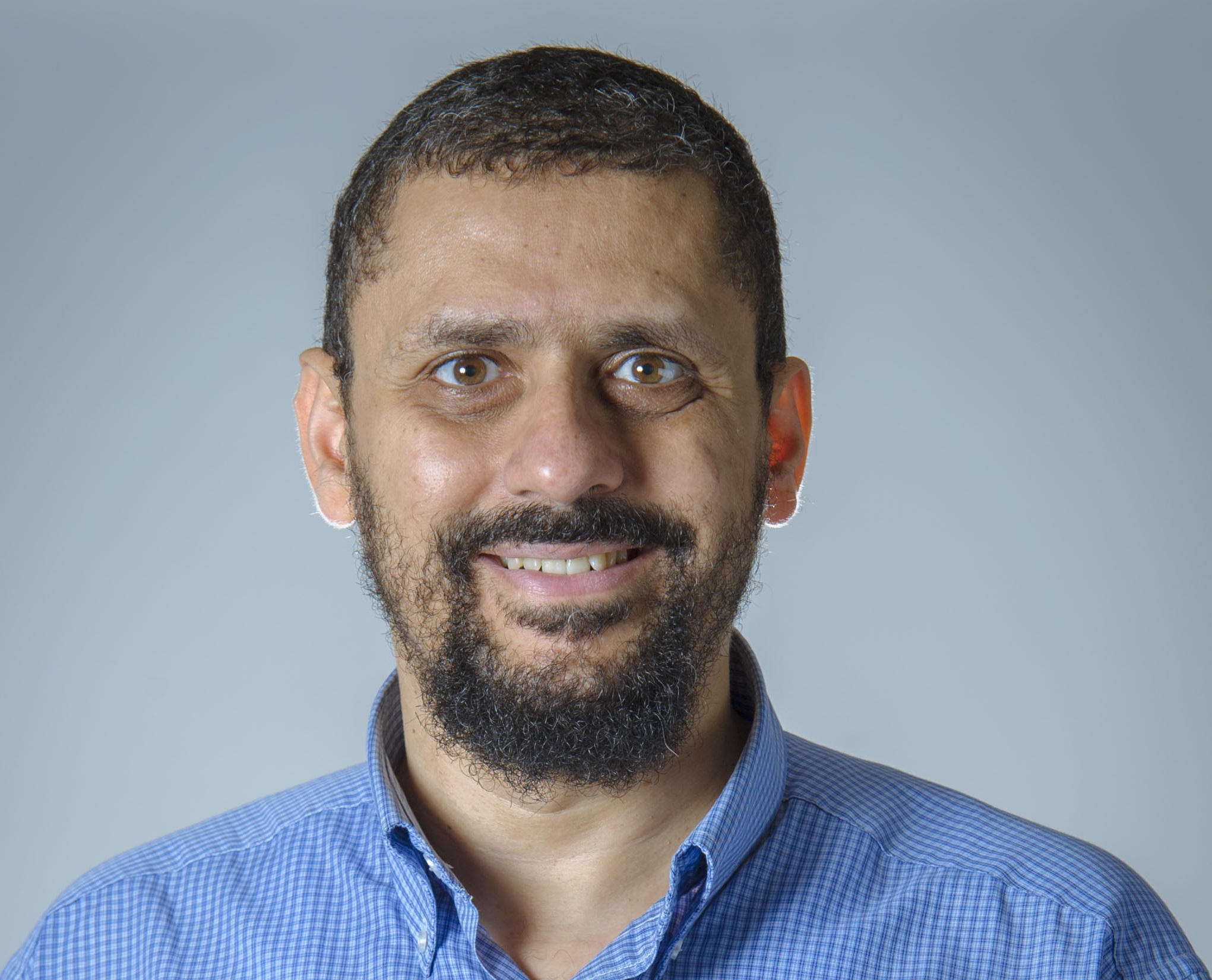عادة ما نتحدث عن تأثير الخوارزميات على المحتوى الإخباري، لكن ثمة أيضا ما يعرف بغرف صدى الصوت أو Echo Chambers في منصات وسائل الاجتماعي، حيث لا يرى المستخدم إلا ما يوافق هواه، وكأنه يستمع إلى صدى صوته عندما يتكلم الآخرون، ويكون في معزل عن الآراء المغايرة أو المخالفة.
هذه الظاهرة لا تؤثر على المستخدمين العاديين فحسب، ولكن تؤثر أيضا على العاملين في المجال الصحفي، حيث لا تصل مقالات الصحفي في الأغلب إلا للفئة التي توافق الهوى الثقافي والأيديولوجي للصحفي أو المؤسسة التي يعمل بها، ولا يظهر للصحفي إلا المشاركات التي تعضد آراءه عند تصفحه وسائل التواصل الاجتماعي. فيكون الصحفي معزولا عن المخالفين له، بحيث لا يسمع لهم، ولا تصل كلماته إليهم. ولكن كيف تنشأ غرف صدى الصوت، وكيف نتخطاها؟ سأسعى في إطار هذه المقالة الإجابة على هذين السؤالين تحديدا.
الإجابة على سؤال سبب ظهور غرف صدى الصوت، تقودنا لسؤال آخر مهم، وهو: ما هو الهدف الرئيس من منصات التواصل الاجتماعي، وهل هدفها التواصل الاجتماعي حقًا؟ ربما الإجابة على هذا السؤال قد يكون مفتاحا لفهم آليات عمل وكيفية إدارة هذه المنصات.
ليس سرًا أن هذه المنصات تدار من قبل شركات ربحية على شاكلة فيسبوك، وبما أن الربح هو غاية أي شركة، فالإجابة على السؤال تتطلب منا تتبع مصدر دخل المنصات، والذي يأتي بالأساس من الإعلانات. وكلما زاد الوقت الذي يقضيه المستخدمون على المنصات، كلما زاد تفاعلهم مع الإعلانات، وكلما زادت أرباح الشركات المسؤولة عن المنصات. فالهدف إذا هو أن يبقى المستخدمون على المنصات لأطول فترة ممكنة لتحقيق أعلى أرباح من الإعلانات.
الخوارزميات التي تستغلها المنصات لتحقيق هذا الهدف هي التي تخلق ما نسميه بغرف الصدى. الخوارزميات تعمل على محورين رئيسيين. أما المحور الأول فيتيح للمستخدم المادة التي يحبها، والتي في الأغلب تكون في صورة مشاركات لمستخدمين آخرين أو مقالات أو مواد مرئية أو مسموعة تتفق مع هوى المستخدم. وبما أن الإنسان قد جُبِل على حب ما يؤيد وجهة نظره، فإن المستخدمين يعبرون عن هذا الإعجاب من عبر وضع علامة "إعجاب" أو "إعادة تغريد" للمحتوى الذي يوافق هواهم. لذلك، فإن المنصات ستوفر لهم محتوى إضافيا على شاكلته، والذي يكون منشأه غالبا من أناس متوافقين معهم، وبالتالي سيخفي عنهم المحتوى المخالف لهواهم. هذه السياسة تؤدي مباشرة لخلق غرف صدى الصوت.
بينما يشكل المحور الثاني، مكافأة للذين يبالغون ويتطرفون في التأكيد على الهوية الجامعة للمنتمين إلى غرف الصدى، سواء عن طريق تقديس رموز المجموعة وأفكارها، أو من خلال مهاجمة المخالفين وأفكارهم. المشاركات التي تتميز بالمبالغة والتطرف غالبا ما تجلب المزيد من التفاعل، ويزيد من وقت المستخدمين على المنصة. فعندئذ تُظهِرُ المنصات المشاركات المتطرفة لمستخدمين أكثر، مما يكسبهم المزيد من "الإعجاب" أو "إعادة التغريد". هذان المحوران يعززان من غرف صدى الصوت ويوسع الهوة بين المستخدمين المخالفين في الرأي ويزيد من الاستقطاب بينهم، حيث لا يتفاعلون ولا يتبادلون الأفكار.
على هذا النحو، كيف يمكن للصحفي أن يتخطى حدود غرف صدى الصوت بحيث يكون مطلعا على آراء المخالفين له من ناحية، ويوصل صوته لهم من ناحية أخرى؟
حل المشكلة الأولى يكمن في الاطلاع المستمر على محتوى الذين يخالفوننا الرأي، وقد يتطلب الأمر أن يكون للشخص أكثر من حساب على كل منصات التواصل الاجتماعي. أحد هذه الحسابات يتصرف فيها بصورة طبيعية، والحسابات الأخرى يتعمد فيها متابعة حسابات متنوعة من شتى الأطياف، ويتجنب في هذه الحسابات الأخرى إعطاء أي إشارات لوسائل التواصل الاجتماعي حول ميولاته أو تفضيلاته، فيتجنب مثلا وضع أي مشاركات، أو التعليق على أي محتوى، أو إبداء الإعجاب، إلخ.
وقد يتطلب الأمر في بعض المنصات مثل يوتيوب الدخول على الموقع من خلال "الوضع المتخفي" (Incognito mode) للمتصفح للحيلولة دون استخدام أي من معلومات المستخدم السابقة. فهم الطرف الآخر ضروري لمعرفة: منطلقات المخالفين، والركائز التي تستند عليها منطلقاتهم، وحججهم التي يلجؤون إليها، والمفردات التي يستخدمونها في التعبير عن مواقفهم. من شأن ذلك مساعدة الصحفي في فهم القضايا التي يتكلم عنها من زواياها المختلفة، وفي التواصل مع المخالفين بطريقة يبدي بها تفهمه لهم، وصياغة كلماته بطريقة حيادية متزنة ومقنعة. ولعل من أكثر الأمور التي يحتاجها الشخص هو إحساسه بأن من حوله يتفهمونه، ويستمعون إليه. والصحفي كمحلل وواصف للواقع يجب أن يرسخ هذا الإحساس في صدر المتلقي.
أما بالنسبة للمشكلة الثانية عن تخطي دوائر الصحفي المغلقة ليصل للمخالفين، فحلها ينبع مباشرة من حل المشكلة الأولى من خلال عدة مناحي. المنحى الأول يبدأ بصياغة المحتوى بشكل متزن، حيث ينأى بنفسه عن الكلمات التي تعمق من الخلاف، وعن الحجج التي تثير الضغائن، وعن المواقف الحادة، ولن يتسنى له فعل ذلك إلا إذا فهم الطرف الآخر. وبالعكس يلجأ إلى لغة محايدة تجمع بين الناس، وتؤكد على الأرضية المشتركة بين الأطراف. الإنسان بطبعه لا يحب الاستماع لمن يهاجمه ويعنفه، وقد يستمع لمن يخالفه إذا استشف مهنيته، وسعيه للحيادية والإنصاف.
المنحى الثاني، قد يتطلب التعاون مع بعض رموز المخالفين في إنتاج مادة مشتركة، أو في مناقشة قضايا بصورة علنية بطريقة تتسم بالمهنية والأدب في الحوار، أو من خلال استضافة المعارضين في برامج أو نشرات. فالغاية من هذه الخطوات هو إيصال صورة محايدة ومنصفة عن المخالفين وربما تفتح لهم الباب ليستمعوا للطرف الآخر لأول مرة في بيئة هادئة بعيدة التشاحن والاستقطاب.
أما المنحى الثالث، فإنه يتطلب اللجوء لاستخدام الإعلانات المدفوعة للوصول إلى فئات معينة أو متابعين لمصادر إعلامية بعينها، واستهدافهم بمحتوى ومفردات تتسق مع اهتماماتهم. في عدة دراسات أجريناها في معهد قطر لبحوث الحوسبة، وجدنا ارتباطا وثيقا بين الآراء السياسية، وخيارات الناس في القنوات التي يشاهدونها، والأكلات والرياضات والموسيقى التي يفضلونها. فعلى سبيل المثال، فإن كثيرا ممن يحملون أفكارا مناوئة للمسلمين في الولايات المتحدة يحبون سباق سيارات الناسكار، ويفضلون الموسيقى الريفية (كنتري ميوزك)، وإلى غير ذلك. فهم المخالفين قد يبصرنا بالأبواب التي من خلالها الوصول إلى المعارضين، والتي قد تكون بعيدة عن مناقشة الأمور الخلافية التي قد تؤدي إلى التنافر.








































